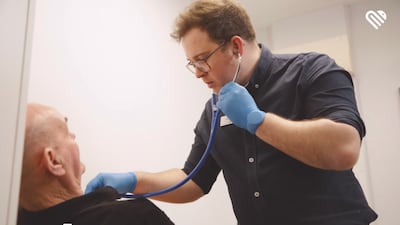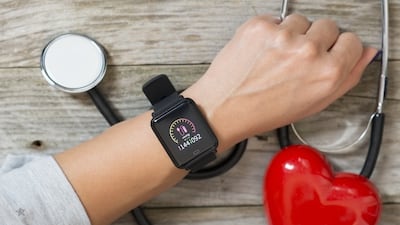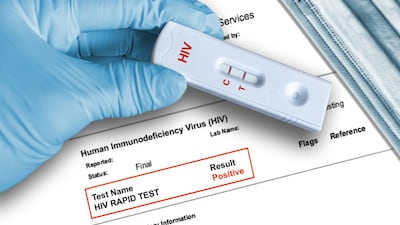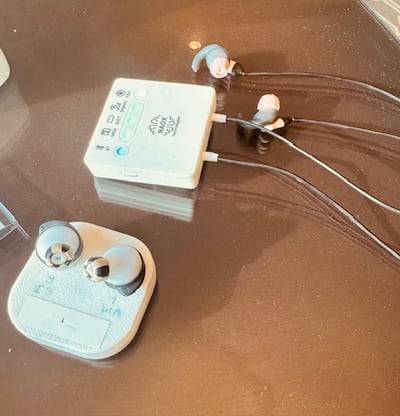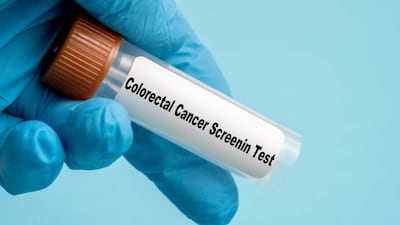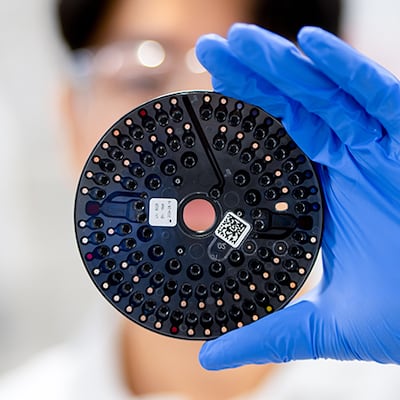Diagnostics
The US FDA has warned that Magellan Diagnostics blood lead tests may provide inaccurately high results, particularly with tubes from ASP Global. Magellan’s tests had previously been recalled over inaccurate low results. The FDA also issued warning letters to both firms.
The US FDA has granted clearance to eMurmur, broadening the use of its AI-powered software platform. The innovative system identifies primary heart sounds to detect abnormal murmurs as they occur.
Molecular diagnostics firm SAGA Diagnostics has introduced a colorectal cancer test that can detect even very low levels of cancer biomarkers. The test helps clinicians guide post-surgical treatment decisions.
The US FDA has published a draft guidance on clinical performance testing and evaluation for premarket submissions from manufacturers of cuffless blood pressure measuring monitors, which the agency generally regulates as class II devices.
Abbott started 2026 as it ended 2025 – with major regulatory breakthroughs for pulsed field ablation innovations, boosting its EP credentials in the US and EU. It also broadened its IVDs platform by adding cancer detection and screening company Exact Sciences in a deal expected to close in Q2.
The US FDA has sent warning letters to four companies that it says distribute HIV sample collection kits for home use without proper regulatory authorization.
Atul Gupta, MD and CMO of Royal Philips’ Diagnosis & Treatment business, shares his views about potential developments in imaging and wider medtech in 2026 and the value of AI. He warns that clinicians will not adopt AI they don’t trust, understand or find helpful in real-world conditions.
After receiving the FDA nod for the first in-ear EEG device for brain monitoring, Noax plans four clinical trials in the US focused on epilepsy and is looking for audio company partners to integrate the same tech for use by consumers to monitor their brain activity, the company told Medtech Insight.
MIT-scientist turned entrepreneur Christin Glorioso founded start-up NeuroAge Therapeutics to reverse brain aging and fight dementia.
In this first roundup from CES, Medtech Insight shines a light on AI-powered technologies that help the aging population live healthier and stay independent longer.
A pair of diagnostic developers backed with venture capital have teamed up with the University of Tennessee to fight colorectal cancer. The collaboration seeks to advance next generation testing to catch one of the deadliest cancers in its earliest stages.
Withings announced at CES that its health monitoring app will integrate data from Abbott’s OTC CGM Lingo starting in Q1.
Medtech Insight spoke with CTA board member Carlos Nunez and AARP’s Andy Miller about what to expect at this year’s CES.
During his 40 years at Royal Philips, Bert van Meurs has seen the medical devices business grow in line with the evolving needs of healthcare providers with whom the company partners in customer and patient focused innovation.
The rise and fall of US tariffs and the chill headwind from China’s state procurement policies have blown onto medtech’s radar. But how to monetize AI is the dominant concern up and down the industry.
Freenome will combine with Perceptive Capital Solutions Corp in a SPAC deal worth $330m. The goal is to advance Freenome’s blood-based tests for early detection of cancer and, in 2026, launch its advanced colorectal cancer detection test SimpleScreen, currently under FDA review.
AdvaMed Backs Bill That Would Create ‘Consistent’ Reimbursement Pathway For Algorithm-Based Services
Pending legislation in the US House of Representatives would allow Medicare patients to benefit from some of the latest and most innovative technologies. The bipartisan bill would establish a clear pathway for reimbursement for algorithm-based healthcare services approved by the FDA.
Truvian reached a major milestone with the FDA clearance of its blood-testing benchtop but is awaiting further FDA clearances of blood panels before a full launch in the second half of 2026.
In September, the US FDA asked the public to weigh in on how AI-enabled medical devices perform in real-world settings. With the comment period now closed, the agency has heard back from dozens of stakeholders on how the agency can use clinical outcomes to better understand these devices.
Medtech funding in 2025 sees a trend of fewer, yet larger deals with total funding of $3.6bn in Q1, $2.6bn in Q2 and $2.9bn in Q3, said LSI’s Nick Talamantes. In 2026, he expects a continued investor focus on more mature firms in areas of oncology, cardiology and neurology.


